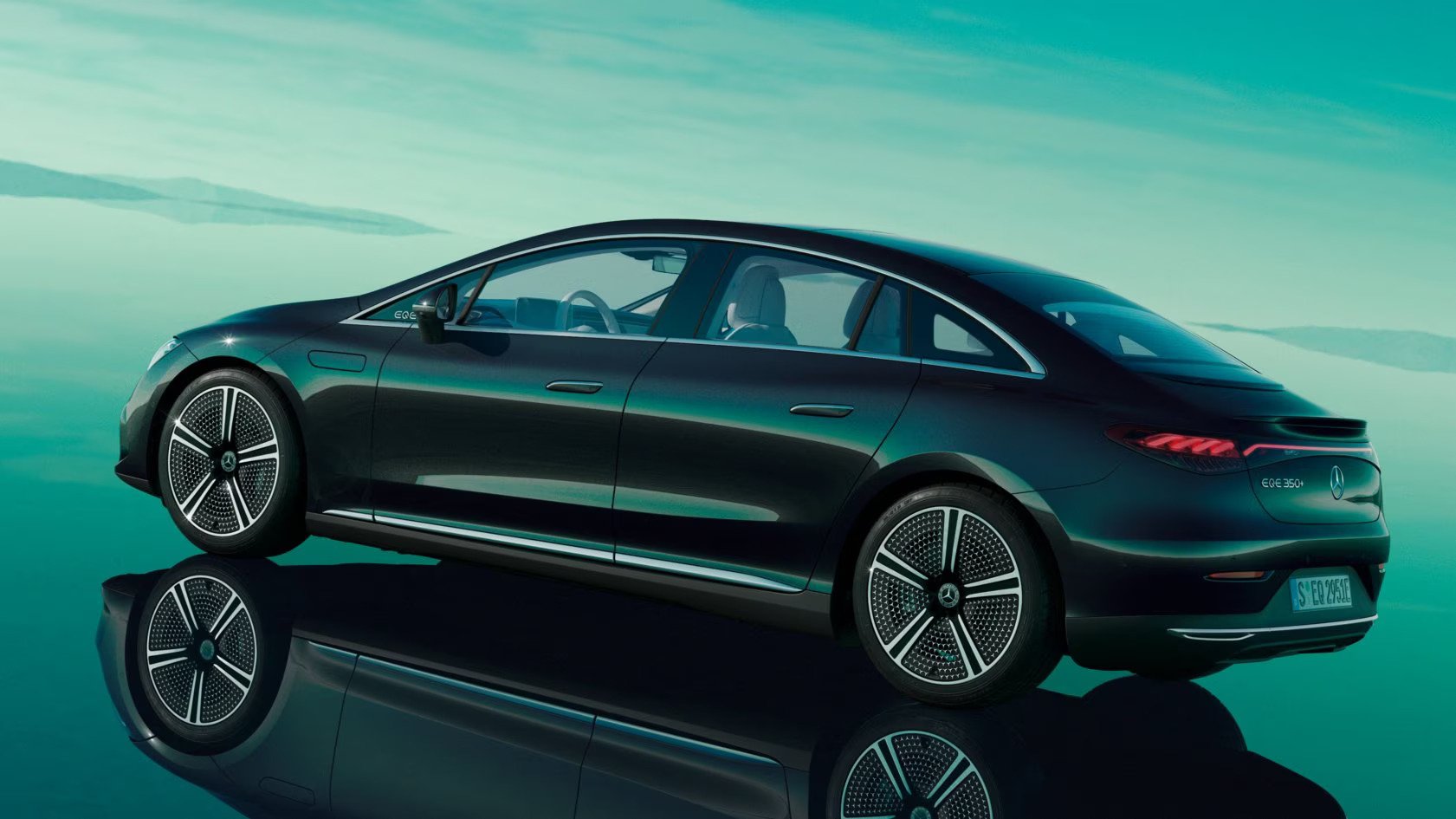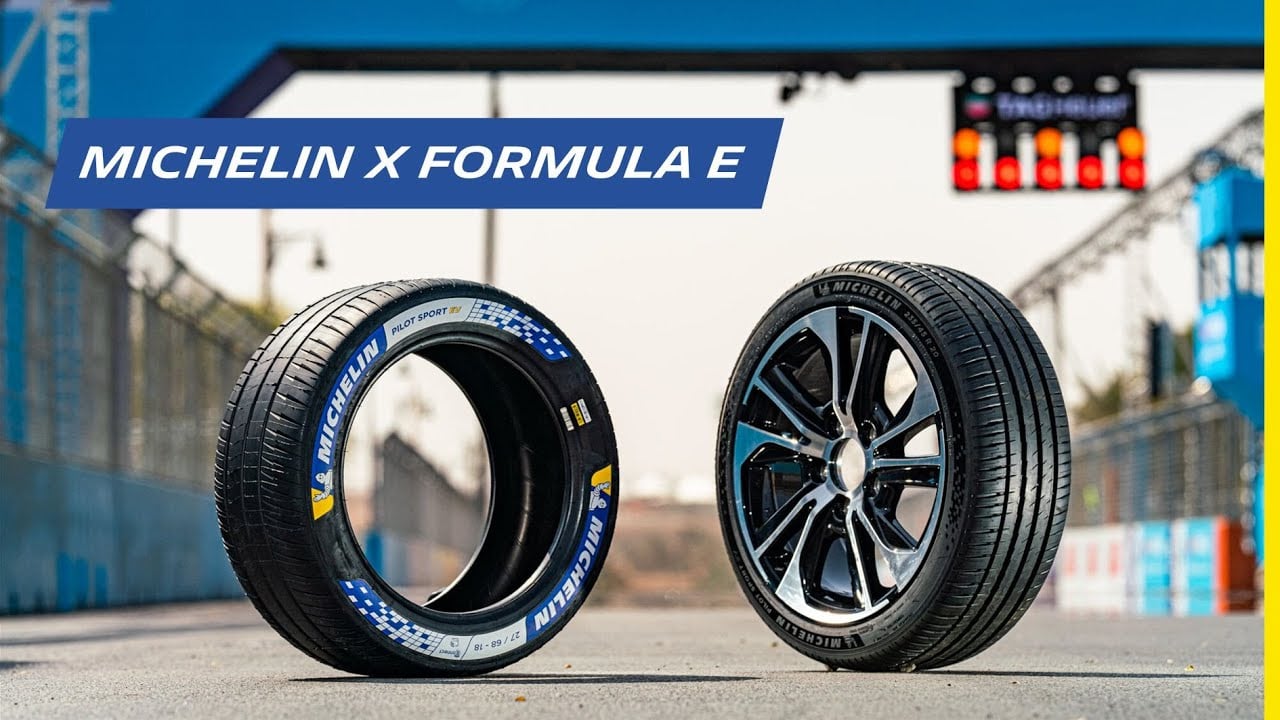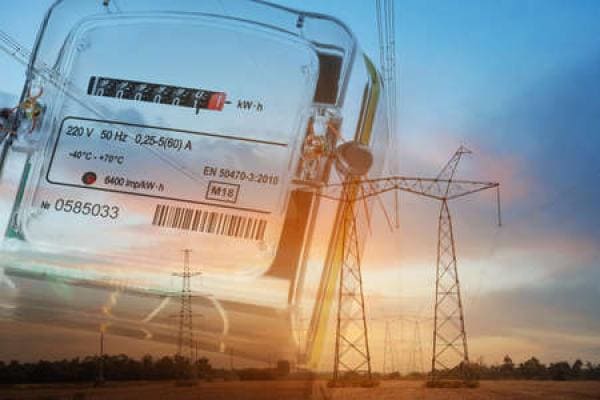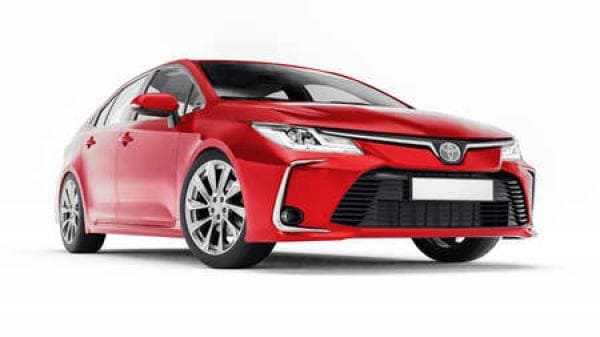In a world without petrol engines, where would our beloved exhaust notes go? Stringent and tighter emission laws in developed countries in the West and Europe are slowly forcing their way, pressuring auto manufacturers to either go hybrid or fully electric on their vehicles. Eventually, pure petrol-powered cars might soon be phased out or only available to the super-rich in the form of super and hypercars. We might not see more pops and bangs made by sports cars in the future.
 For the common masses, we only have two choices – Hybrid or Electric. But what if there is a small community that wants to keep petrol-powered cars alive while having auto manufacturers comply with strict emission regulations? This is where Hybrid Cars and Plug-In Hybrid Electric Vehicle (P-HEV) cars come in to fill the gap. But first, we need to understand why pure petrol-powered cars may be phased out in the future.
For the common masses, we only have two choices – Hybrid or Electric. But what if there is a small community that wants to keep petrol-powered cars alive while having auto manufacturers comply with strict emission regulations? This is where Hybrid Cars and Plug-In Hybrid Electric Vehicle (P-HEV) cars come in to fill the gap. But first, we need to understand why pure petrol-powered cars may be phased out in the future.
Strict and Harsher Regulations on Emissions Output by Petrol Engines
Last year, the European Parliament voted to ban the sale of new petrol-powered vehicles by 2035 with the aim of reducing carbon emissions to combat climate change. The continent also aims to achieve carbon neutrality by 2050. Over in the United Kingdom, the country has decided to pull the deadline for the sale of petrol cars by 2030 while hybrid cars get a five-year extension. Across the ocean to the largest auto industry in the world, China has no plans as of to date but one province, Hainan Island plans to follow suit with a deadline of 2030 and we can expect the country to eventually follow up.
 With all these regulations in play, the future of pure petrol-powered cars seems bleak. Hybrid cars and Plug-in Hybrid Engine Vehicles (PHEV) were once the solutions back then as fully electric vehicles were not ready to be commercialized yet. However, one still cannot deny hybrid cars and PHEVs still have some form of tailpipe emission due to the usage of fossil fuels. Some car brands have plans to phase out petrol-powered cars. Volvo pledges to go fully electric by 2030, and Volkswagen will stop selling fossil-fuel-powered vehicles by 2026. What about other auto manufacturers? Will they be phasing out hybrid cars in favor of electric ones to follow suit? Only time will tell.
With all these regulations in play, the future of pure petrol-powered cars seems bleak. Hybrid cars and Plug-in Hybrid Engine Vehicles (PHEV) were once the solutions back then as fully electric vehicles were not ready to be commercialized yet. However, one still cannot deny hybrid cars and PHEVs still have some form of tailpipe emission due to the usage of fossil fuels. Some car brands have plans to phase out petrol-powered cars. Volvo pledges to go fully electric by 2030, and Volkswagen will stop selling fossil-fuel-powered vehicles by 2026. What about other auto manufacturers? Will they be phasing out hybrid cars in favor of electric ones to follow suit? Only time will tell.
https://www.youtube.com/watch?v=iMgxmSnuS4Y
Surprise, Surprise. PHEV and Hybrid Cars Are Not As Environmentally Friendly As We Think They Are.
The goal of having a close-to-zero-emission future may soon be a reality. There was a time when the poor rode horses and the rich owned motor carriages. Now, the poor own a car to get stuck in traffic while the bourgeois rich own horses for playing polo. EVs and hybrid cars are expensive toys for the rich too but given enough time, auto manufacturers will begin to introduce affordable EVs and hybrid cars for the masses to comply with strict laws on greenhouse emissions around the world. While EVs get special protection, hybrid cars, which were once the middle-ground solution for petrol cars and early electric cars, are not as eco-friendly as we think they are.
https://www.youtube.com/watch?v=-GXYCUMe9N4
EVs are going to dominate the streets, while PHEVs and hybrid cars are still closely monitored for their greenhouse emissions despite running much cleaner than pure petrol-powered cars. According to BBC News, a PHEV car produces an average of 28 tons of CO2, while a hybrid car would emit an average of 33 tons. In comparison, an average petrol and diesel car are estimated to produce somewhere between 30 and 41 tons of CO2 from fossil fuel combustion during its lifetime. For a zero-emission future, PHEVs and hybrid cars might just get the axe too, as various legislations in Europe still allow PHEVs and hybrid cars to be sold in the country past 2035. If hybrid cars too are caught up in the ban, will this be the last time we might see hybrid cars offered in the market?
Read More: Hybrid or Petrol? Make Your Choice with This Quick Guide
https://www.youtube.com/watch?v=G67i_Z8ukD4
Would People Bounce Back to PHEV and Hybrids?
The competition between PHEVs and hybrid cars versus EVs is a tough battle. However, there might be a glimmer of hope where petrol-powered PHEVs and hybrids can shine in the auto industry. For this quick benchmark, let’s take the Hyundai Kona for example as it is being offered both Hybrid and Electric in Malaysia.
 Prices for the hybrid model start at RM124,800 while the EV model starts at RM156,538. With a close to RM32,000 difference, first-time buyers in Malaysia would prefer to opt for the hybrid car rather than the electric one due to familiarity with its use. In addition, while the electric model may be cheaper to refill and recharge at (39.2kWh) = RM25.96 as Carput reports, it’s the recharging times that will put most potential customers off. Officially, Hyundai claims fast charging – with a 100kW DC charging station requires approximately 47 minutes from 10% to 80% state of charge (SOC). The hybrid variant? Just a few minutes at the petrol pump.
Prices for the hybrid model start at RM124,800 while the EV model starts at RM156,538. With a close to RM32,000 difference, first-time buyers in Malaysia would prefer to opt for the hybrid car rather than the electric one due to familiarity with its use. In addition, while the electric model may be cheaper to refill and recharge at (39.2kWh) = RM25.96 as Carput reports, it’s the recharging times that will put most potential customers off. Officially, Hyundai claims fast charging – with a 100kW DC charging station requires approximately 47 minutes from 10% to 80% state of charge (SOC). The hybrid variant? Just a few minutes at the petrol pump.
 Onto maintenance, there is not much on the internet that allows us to compare the maintenance cost of both models but we have a rough estimate on the wheels. Electric vehicles tend to have 19’ to 21’ diameter tires. Furthermore, these tires are special because they mostly run on run-flat tires. According to DSF, one is expected to fork out RM8,000 on average for one set! The Hyundai Kona aside, a Tesla is not cheap to repair either. Sources state that a replacement battery for a Tesla would set you aside around RM95,000. A hybrid car would arguably go for much less in comparison.
Onto maintenance, there is not much on the internet that allows us to compare the maintenance cost of both models but we have a rough estimate on the wheels. Electric vehicles tend to have 19’ to 21’ diameter tires. Furthermore, these tires are special because they mostly run on run-flat tires. According to DSF, one is expected to fork out RM8,000 on average for one set! The Hyundai Kona aside, a Tesla is not cheap to repair either. Sources state that a replacement battery for a Tesla would set you aside around RM95,000. A hybrid car would arguably go for much less in comparison.
Read More: Hybrid Cars in Malaysia: Here’s Everything You Need to Know
What About Malaysia? Would Malaysia Phase Out Petrol Engines One Day?
As of to date, there is no news about Malaysia planning to phase out petrol engines yet. But some efforts have been made to reduce our carbon footprint on our environment. As of to date, Malaysia strictly follows Euro 4 standards when it comes to fuel emissions, Petronas and our government have pledged to achieve zero carbon emissions by 2050, and according to the United Nations Development Programme’s (UNDP) Climate Promise, Malaysia agrees to reduce carbon intensity against our country’s GDP by 45% by 2030.
 For the newer cars that are to be released in the country, it’s safe to say post-2030, there will be no pure petrol-powered cars sold brand new at dealerships anymore due to the auto industry shifting towards PHEVs, hybrid cars, and EVs as their golden goose. A fully electrical future is not far off the table.
For the newer cars that are to be released in the country, it’s safe to say post-2030, there will be no pure petrol-powered cars sold brand new at dealerships anymore due to the auto industry shifting towards PHEVs, hybrid cars, and EVs as their golden goose. A fully electrical future is not far off the table.
Closer to home, Perodua plans to make a hybrid car by 2025 and a fully electric one by 2030, and just recently, Proton announced that the brand aims to introduce hybrid vehicles and an EV brand of their own by 2027. Furthermore, the national carmaker has an outline to industrialize Malaysia as a manufacturing hub for right-hand drive-oriented EVs.
The Future is Electric. But Are We Ready For It?
The answer is both yes and no. On one hand, the government’s commitment to reducing carbon emissions and moving towards sustainable transportation is commendable. The adoption of EVs would help the country reduce its carbon footprint, provide a cleaner and more efficient mode of transportation and boost the local economy with locally assembled Complete Knockdown (CKD) EVs.
 On the other hand, the infrastructure and support system required to make the transition to EVs successful are still lacking in Malaysia. Charging stations are only available in developed cities. Rural areas are not so fortunate unless a home charger is installed at home. It would take time before Malaysians can fully embrace an electrical future.
On the other hand, the infrastructure and support system required to make the transition to EVs successful are still lacking in Malaysia. Charging stations are only available in developed cities. Rural areas are not so fortunate unless a home charger is installed at home. It would take time before Malaysians can fully embrace an electrical future.
https://www.youtube.com/watch?v=DWhY5yaeGMs
Would you be buying a PHEV, hybrid car, or EV, or still sticking to ICE engines? Let us know what you think!
